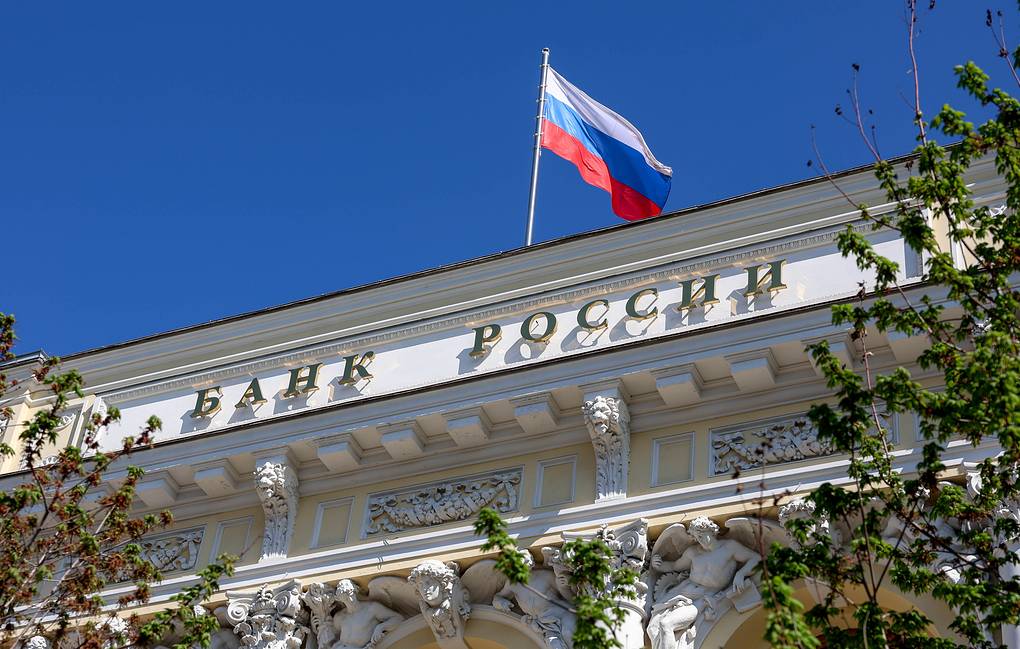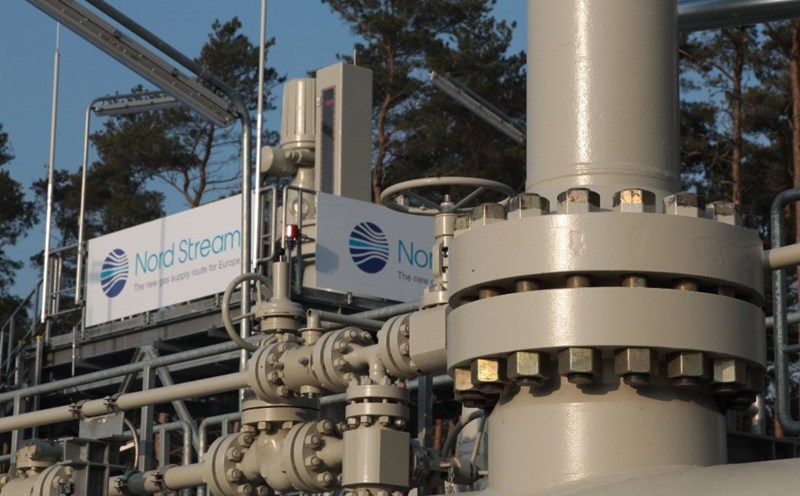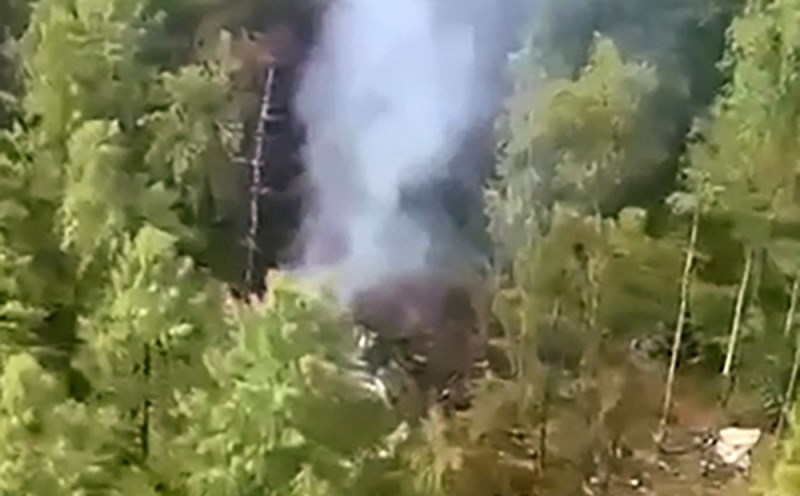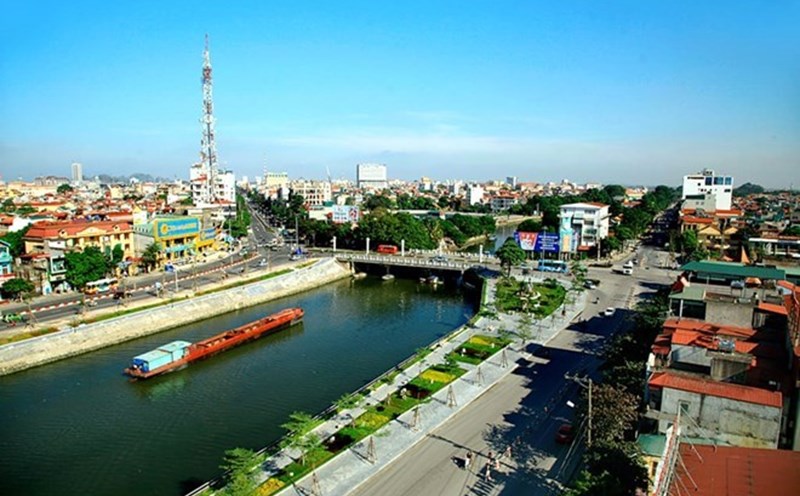Russia's civil infrastructure construction industry is in crisis as nearly half of its businesses are on the brink of bankruptcy, according to Aleksey Krapivin, CEO of National Projectstroy Group - a unit that has participated in the construction of Crimea Bridge and many key Russian highway projects.
Speaking to RBK in the latest interview, Mr. Krapivin said that the skyrocketing cost of borrowing capital due to prolonged high interest rates, along with a sharp decline in the number of new projects, has caused the infrastructure construction industry to be concentrated at the foot of the wall. The current loan cost is too expensive, new investment is almost no longer feasible, he said.
The Russian Central Bank has raised the basic interest rate from 9.5% to a record high of 21% since 2022 to stabilize the ruble and curb inflation after sanctions from the West. It was not until last month that the agency cut interest rates slightly to 20%, the first move in an easing direction since the outbreak of the Ukrainian conflict.

However, according to Mr. Krapivin, interest rates are still too high for construction businesses to have feasible access to credit.
"The characteristic of the infrastructure industry is the long investment cycle and large capital. In the current expensive conditions, it is almost impossible to implement new projects effectively, said Mr. Krapivin.
Small-scale enterprises are being hit hardest. Many companies have poured capital into non-core activities or advanced profits from futures projects to maintain short-term cash flow - a high-risk strategy in the context of strong market fluctuations.
Almost all construction companies are under terrible financial pressure due to high interest rates. We have been forced to tighten financial discipline and postpone many investment plans, added the CEO of Projectstroy.
However, Mr. Krapivin is optimistic that the market will gradually stabilize if there are synchronous solutions from the state and the private sector. Some directions being considered are expanding the public-private partnership (PPP) model to reduce investment costs for the private sector, while creating leverage for urgent projects.
Deputy Governor of the Russian Central Bank Aleksey Zabotkin also just revealed the possibility of continuing to cut interest rates at the policy meeting on July 25, if inflation shows signs of moving towards the target of 4% in 2026.
However, experts say that without stronger government intervention to improve capital flows and stimulate demand, the wave of bankruptcies could spread, causing serious consequences for the Russian economy, which is struggling with long-term rounds of sanctions and challenges from the West.
Building today is always cheaper than building tomorrow, Krapivin stressed, as a warning that time is not on the side of Russian construction businesses.










